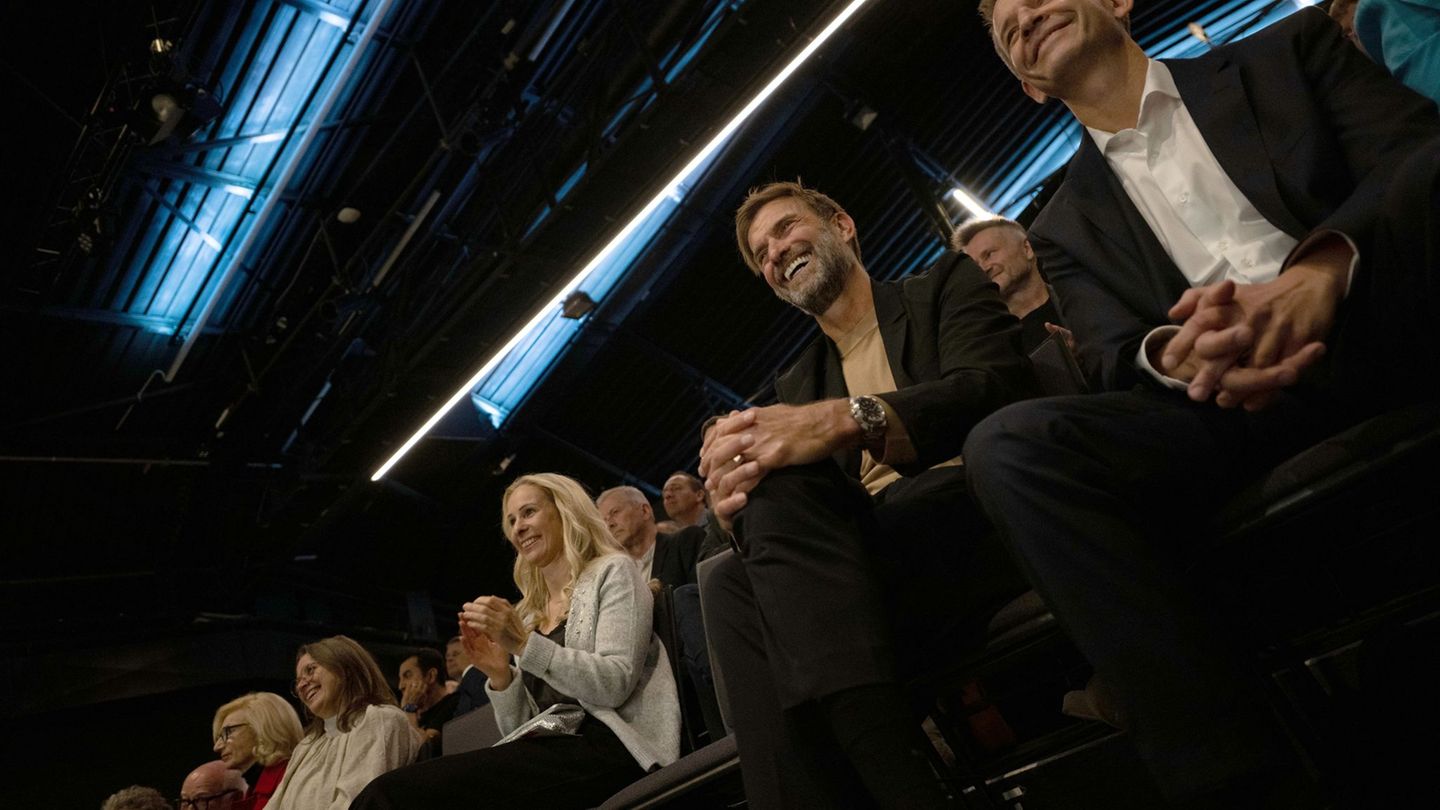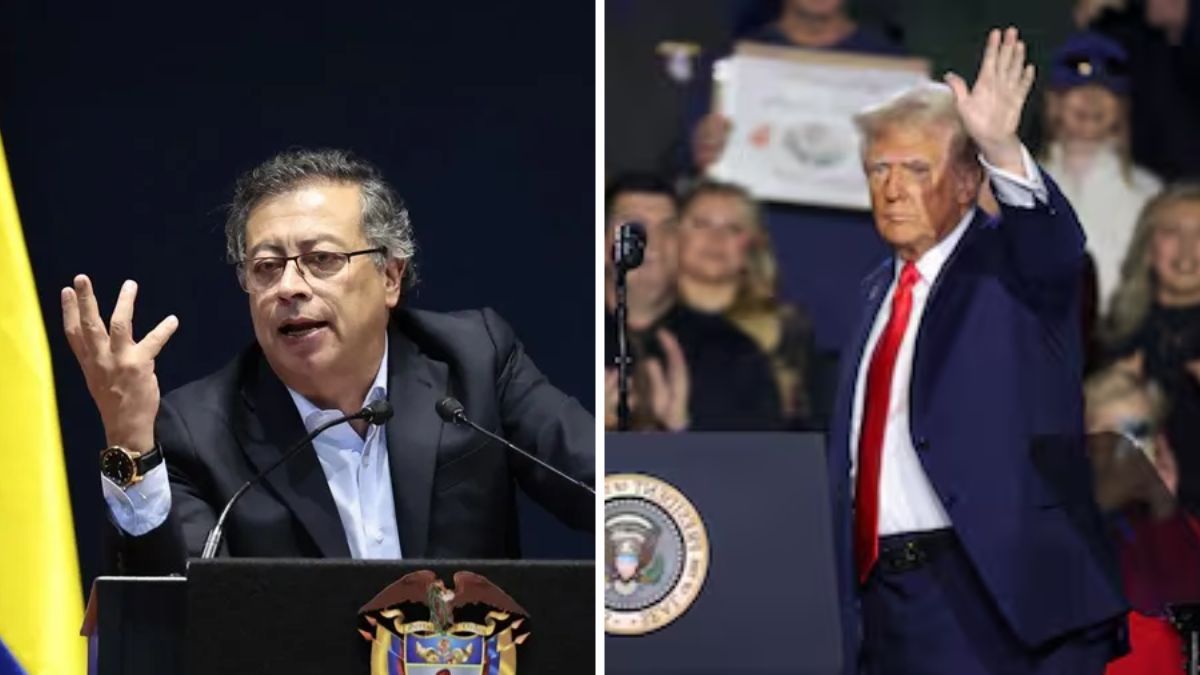Image: LIONEL BONAVENTURE (AFP)
The Berlinale winner, who was one of the most influential filmmakers in Spain, died on Friday surrounded by his family.
Since 1955, Saura has made more than 50 feature films and countless short films. His best-known works include “Carmen” (1983). A few years ago, Saura said of the film about a performance of Georges Bizet’s famous opera of the same name, which got flamenco fever all over Europe at the time: “It’s crazy how well Carmen was received in Germany at the time. And the film is still shown on television, while here in Spain he’s been totally forgotten.”
Music and dance films were the great passions of the son of a ministry lawyer, who was born in Huesca not far from the Pyrenees in north-eastern Spain. In addition to flamenco, to which he dedicated several films, he also paid tribute to the jota dance of his native Aragon, Argentine tango, Portuguese fado, etc. Why so many music films? The answer was simple: “My mother was a concert pianist, I’m a frustrated musician, but I have a great understanding of music. And there’s a demand.”
Saura repeatedly stated that he was “much better known and loved” abroad than at home. He received the Silver Bear twice in Berlin (1966 and 1968), and in 1981 the Golden Bear for “Los, Tempo!”. He won the Goya several times, the highest Spanish film award, in Cannes he received, among other things, the Grand Jury Prize in 1976 for “Breed Raben…”, in 1985 the BAFTA Award for “Carmen” as best foreign language film and in 2004 for his Lifetime Achievement the European Film Prize.
Saura, meanwhile, was not only a film genius, but also something of the social conscience of his homeland. Already in his first longer films he dealt critically with the Spanish bourgeoisie and the Franco dictatorship.
The man, who was influenced by communist filmmakers, German expressionists, neo-surrealists and above all by his friend and teacher Luis Buñuel, who was over 30 years his senior, was a tireless social critic to the end. He experienced the Spanish Civil War as a kid (“Unforgettable. For a child, the dead and nightly bombardments are brutal”) – and warned of an escalation of political and social polarization in Spain and in many places around the world.
Saura pilloried many things at home: corruption, the alleged lack of cultural awareness among the Spaniards (“We are a barbaric and lazy country”), the behavior of top politicians, who often behaved like “bar bullies”, and also television, practices “indirect censorship” and avoids uncomfortable topics.
But Saura didn’t limit himself to filming and criticizing. The all-rounder had studied engineering and painted as a young man before he tried film at the suggestion of his older brother, the famous painter Antonio Saura, who died in 1998 at the age of 67.
But Saura’s favorite pastime was photography. He always carried a camera with him to public appearances and kept a collection of more than 600 devices at his home in Collado Mediano in Madrid’s Guadarrama Mountains. He regularly exhibited his multiple award-winning photo collections. But that’s not all: between 1997 and 2004 he published three novels, wrote several screenplays and also published books on photography.
Saura’s private life was just as eventful as his artistic and professional life. With four partners he fathered seven children. Among other things, he was in a relationship with the US actress Geraldine Chaplin for ten years until 1979. His only daughter Anna is also a filmmaker and was his “right hand man”. Since 1993 he has been with Spanish actress Eulalia Ramón, who is 28 years his junior.
Source: Nachrichten




